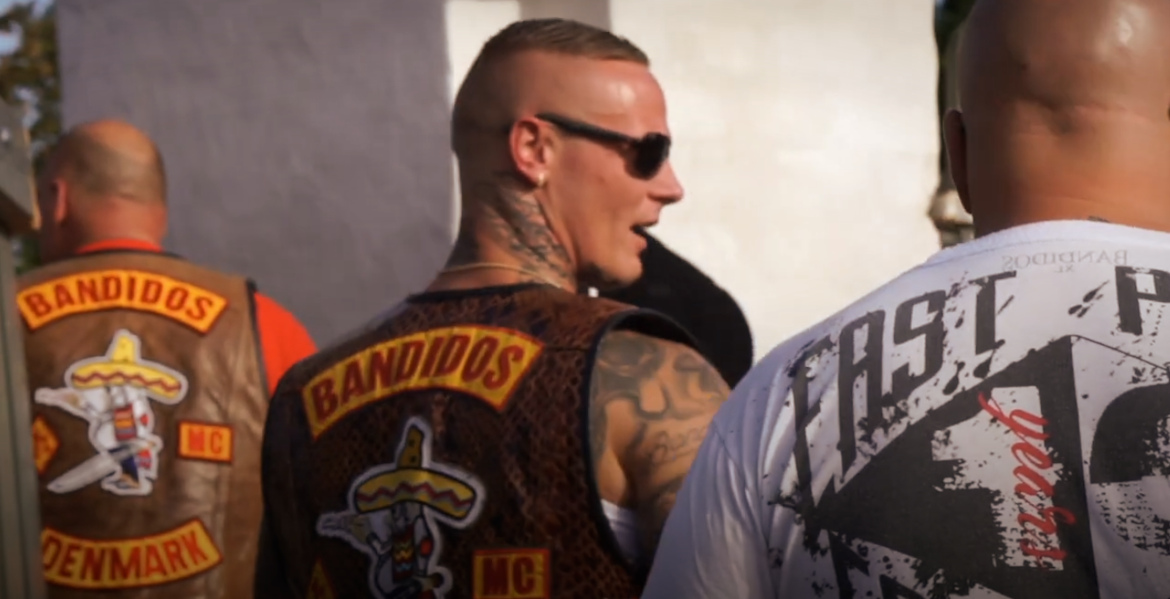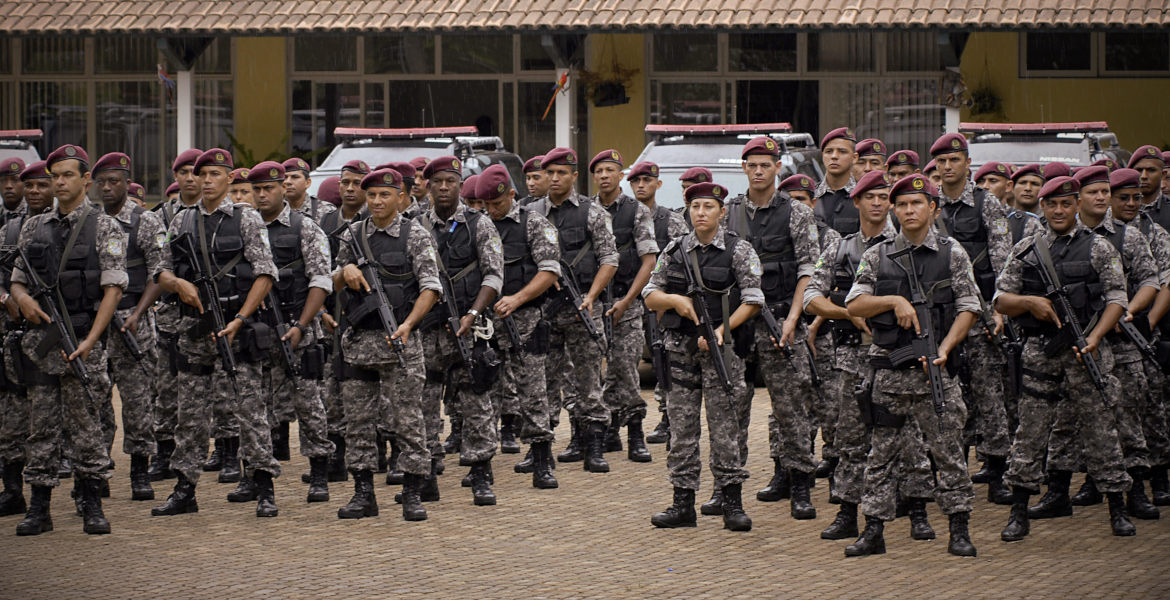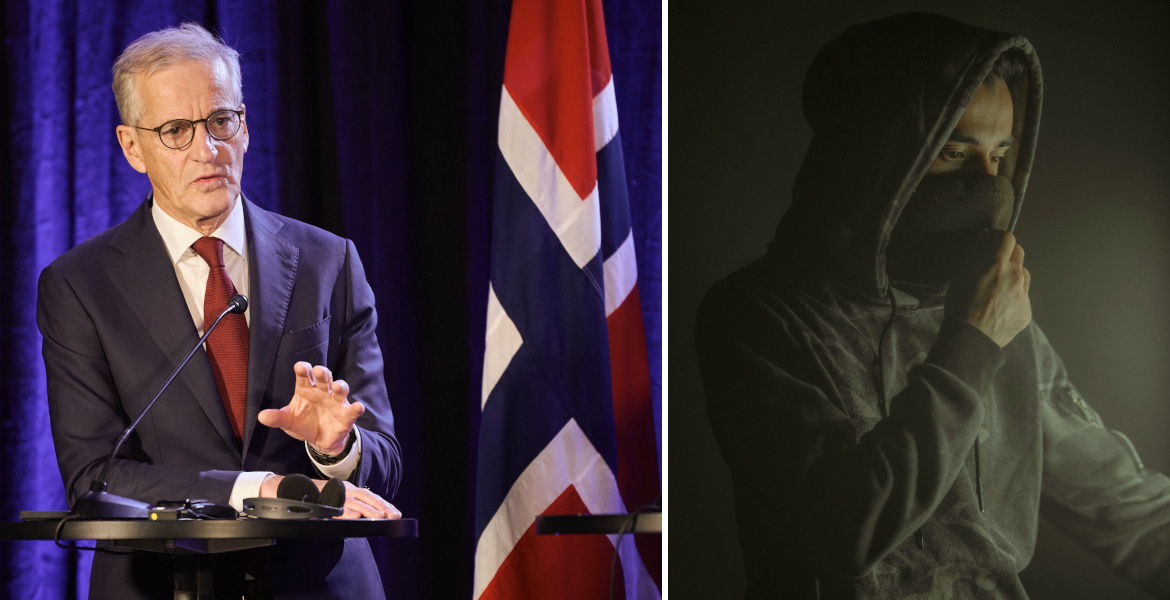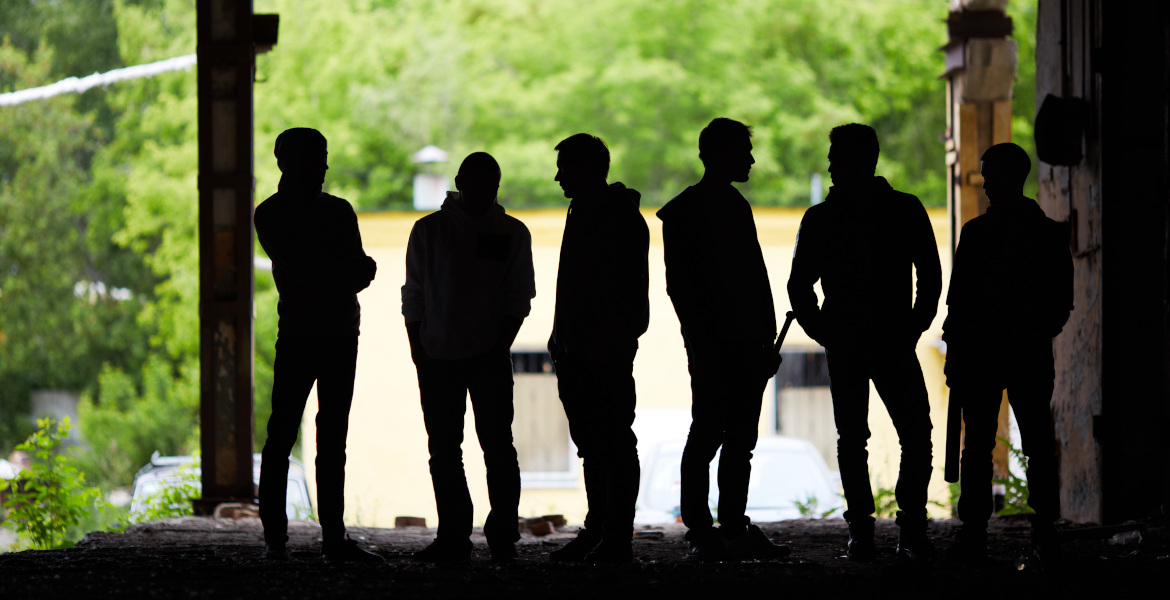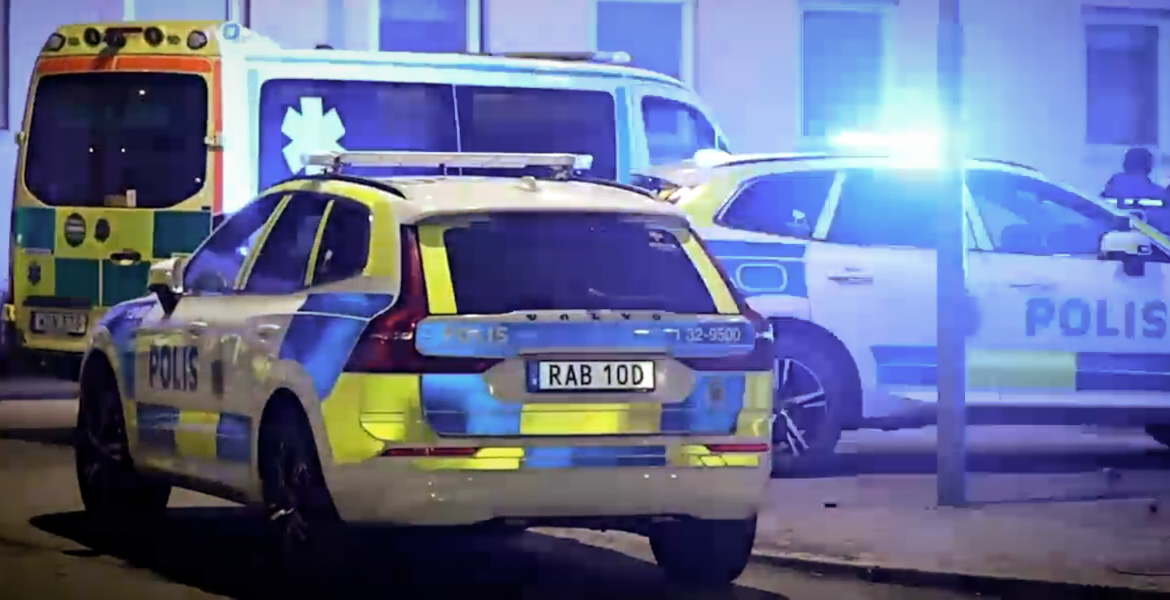The motorcycle gang Bandidos has been banned and dissolved in Denmark through a ruling by the Helsingør District Court. The decision means that the gang's symbols will be illegal to use in the country.
Swedish experts are now warning that the ban could have unwanted consequences on the Swedish side – Danish members may move their operations here.
David Sausdal, associate professor of sociology at Lund University in southern Sweden, has had contact with Bandidos members in his research who openly stated that if they are banned from wearing their gang vests in Denmark, they will cross over to Skåne (the southernmost region of Sweden) to do so there instead.
— They meet and know each other. MC gangs are quite large in Sweden. It's not unthinkable that they might think, well then we'll move to Sweden, or operate more in Sweden, he tells the Swedish news agency TT.
Kim Moeller, professor of criminology at Malmö University in southern Sweden, believes the consequences for Sweden are difficult to predict.
— Bandidos in Sweden, Denmark and the rest of Europe cooperate, so a ban could in one way weaken Bandidos in Sweden, he explains.
At the same time, Moeller also points to the risk that Danish members will become more visible on Swedish soil.
— It could also strengthen Swedish Bandidos if some of the most motivated Danish members start traveling more to Sweden or perhaps even move here.
Significant capacity for violence
During the trial, Bandidos defense attorney Michael Juul Eriksen argued that the organization is fundamentally a motorcycle club with a long tradition of fellowship. He also highlighted charity work, including collections for Ukraine.
But the district court didn't buy that argument and instead pointed to the crimes committed by members as part of the motorcycle club's activities. Bandidos is considered one of the gangs in Denmark with the greatest capacity for violence.
This is not the first time a gang has been banned in Denmark. Five years ago, Loyal to Familia was banned, but the gang is still active in the country.
Unclear effect
In Sweden, work is underway to introduce a ban on participation in criminal gangs, but new legislation is not expected until January 2027 at the earliest because it requires a constitutional amendment.
Whether gang bans actually work is also debated among researchers. Kim Moeller believes the effect is obvious and points out that Loyal to Familia has become both less visible and less criminally active after the ban.
David Sausdal, however, has a different view and regards gang bans as a costly and complicated symbolic measure with limited effect on crime.
— They haven't succeeded in breaking them up. Several reports indicate that they exist and are still involved in various types of serious crime.
